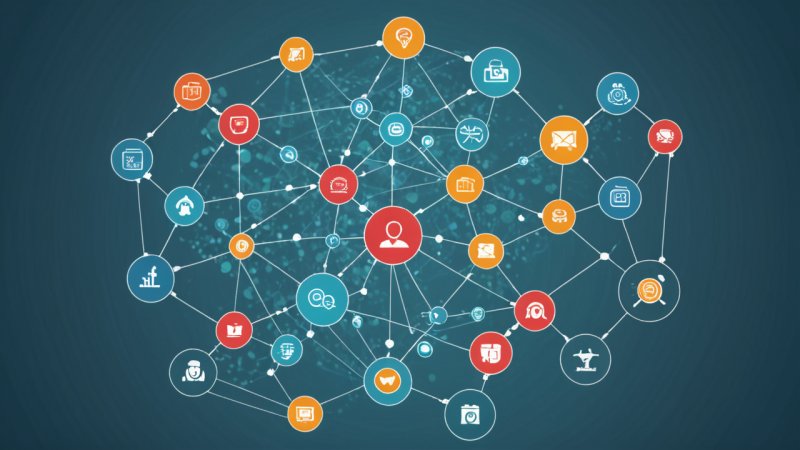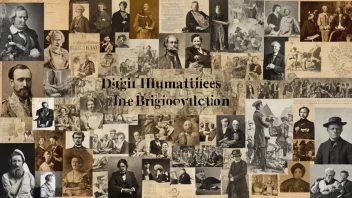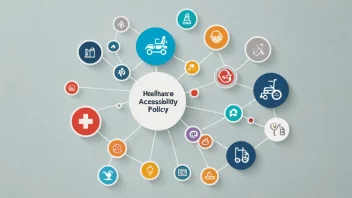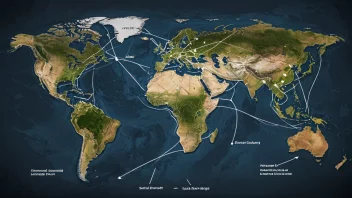In our rapidly evolving digital landscape, the role of governments is undergoing significant transformation. To explore this topic, we conducted a fictional interview with Dr. Emily Carter, a renowned expert in digital governance and public policy. Dr. Carter has spent over 15 years researching how technology impacts governmental functions and citizen engagement. Her insights shed light on the challenges and opportunities that digital governance presents to modern governments.
The Shift from Traditional to Digital Governance
Interviewer: Dr. Carter, can you explain what you mean by digital governance and how it differs from traditional governance?
Dr. Carter: Absolutely! Digital governance refers to the use of digital tools and technologies to manage public services and engage with citizens. Unlike traditional governance, which often relies on face-to-face interactions and paper-based processes, digital governance allows for more efficient, transparent, and inclusive interactions. This shift means that governments can respond to citizen needs more swiftly and effectively.
Enhancing Transparency and Accountability
Interviewer: One of the key benefits of digital governance is its potential to enhance transparency. How does this work in practice?
Dr. Carter: Digital platforms can provide real-time access to information about government activities, budgets, and decision-making processes. For example, open data initiatives allow citizens to see how public funds are being spent, which can help build trust and hold officials accountable. Additionally, online forums and social media enable citizens to voice their opinions directly to policymakers, fostering a culture of responsiveness.
Challenges of Digital Governance
Interviewer: However, implementing digital governance isn't without challenges. What are some of the obstacles governments face?
Dr. Carter: There are several significant challenges. First, there is the issue of digital divide; not all citizens have equal access to technology or the internet, which can lead to disenfranchisement. Additionally, cybersecurity threats pose a risk to sensitive government data and citizen information. Finally, there is the need for a cultural shift within government institutions to embrace a more open and participatory approach to governance.
Citizen Engagement through Technology
Interviewer: How is technology changing the way citizens engage with their governments?
Dr. Carter: Technology has revolutionized citizen engagement. With mobile apps, social media, and online platforms, citizens can now engage with their governments in ways that were previously unimaginable. They can participate in policy discussions, report issues in real-time, and access services more conveniently. This shift not only empowers citizens but also encourages governments to be more responsive to the needs of their constituents.
The Future of Digital Governance
Interviewer: Looking ahead, what do you foresee as the future of digital governance?
Dr. Carter: I believe we will see an increasing integration of artificial intelligence and data analytics in public services. This will allow governments to anticipate citizen needs and tailor services accordingly. However, it is crucial that ethical considerations guide this development to prevent misuse of data and ensure that technology serves the public good. Additionally, fostering digital literacy among citizens will be essential for maximizing the benefits of digital governance.
Conclusion
Through our fictional interview with Dr. Emily Carter, we have explored how digital governance is reshaping the role of governments. By enhancing transparency, improving citizen engagement, and presenting new challenges, digital governance is paving the way for more responsive and accountable governance systems. As we move forward, it is vital for governments to address the challenges while embracing the opportunities that digital technologies provide.






